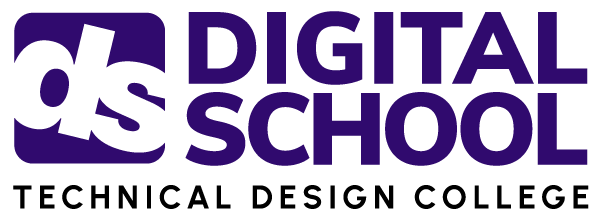Many people find interviews a bit nerve wracking. When you have an idea of what questions to expect, it can give you a little more confidence and make the process easier. In a process piping interview, questions will likely include testing your knowledge of various aspects directly and indirectly related to process piping.
This part of the interview may seem daunting at first, but it’s actually easy to prepare for because it simply involves reviewing your knowledge. Read on for some of the questions you can expect!
Show What a Process Piping Specialization Taught You
Most jobs in the oil and gas industry rely on practical knowledge. Technical questions are common in interviews for these positions, to see if you have the education required for the job. Knowledge-testing questions are designed to make sure you know your field. If you need clarification on the question, ask! That way a simple misunderstanding won’t lead to the potential employer thinking you’re confused. Expect knowledge-testing questions about equipment, parts and machinery, as well as codes and standards, industry terms and procedures.
Build confidence with answering these questions by testing yourself ahead of time. Keep the momentum from your process piping training going after graduation by constantly reviewing what you learned. This way, you won’t be stuck trying to remember information that you haven’t been thinking about for a while.
Questions Won’t Always Be Inherently Positive
You may be asked about a time when a project you were working on didn’t go well, followed by how you dealt with it. This asks you to bring up a negative experience, but the key is to spin it into a positive. For example, you may have had logistical and interpersonal challenges working on a team. The employer won’t just want to hear you make others sound bad and yourself sound like a hero; instead, focus on how the problems were solved and the actions you took to solve them. This shows you have conflict-resolution and problem-solving skills, which are important when working cooperatively on projects.
If you can’t think of professional experiences, maybe educational ones can work. For example, in your process piping specialization you may have studied while working or raising a family. Even overcoming those challenges shows your commitment to a career in process piping and your ability to juggle multiple tasks.

Channel your optimism during a job interview and put a positive spin on challenges
You may also be asked about your weaknesses. With this question, the important thing is again to turn weaknesses into strengths. Having trouble leaving projects unfinished might be phrased as one of your weaknesses, but of course this points to strengths like commitment, determination and work ethic.
People Skills After a Process Piping Diploma
In your career, you will likely work in teams. Grads of process piping diploma programs tend to work directly with engineers and technologists. You may be a part of a process design team and will need to communicate and cooperate with others in order to fulfill your responsibilities. This is an important part of your effectiveness as an employee. Since it is so vital, employers will likely ask you about your teamwork skills.
You can expect questions about your past experiences working on teams. Maybe you have some examples of other jobs where you worked with many different people. What was that experience like? Think of specific situations you have been in that made you better at working with others. Often, you will find that your own journey is the best way to show your strengths. Challenges you’ve faced and people you’ve learned from can be great to talk about if you want to present yourself as a team player.
Want learn more about process piping?
Your career awaits.



